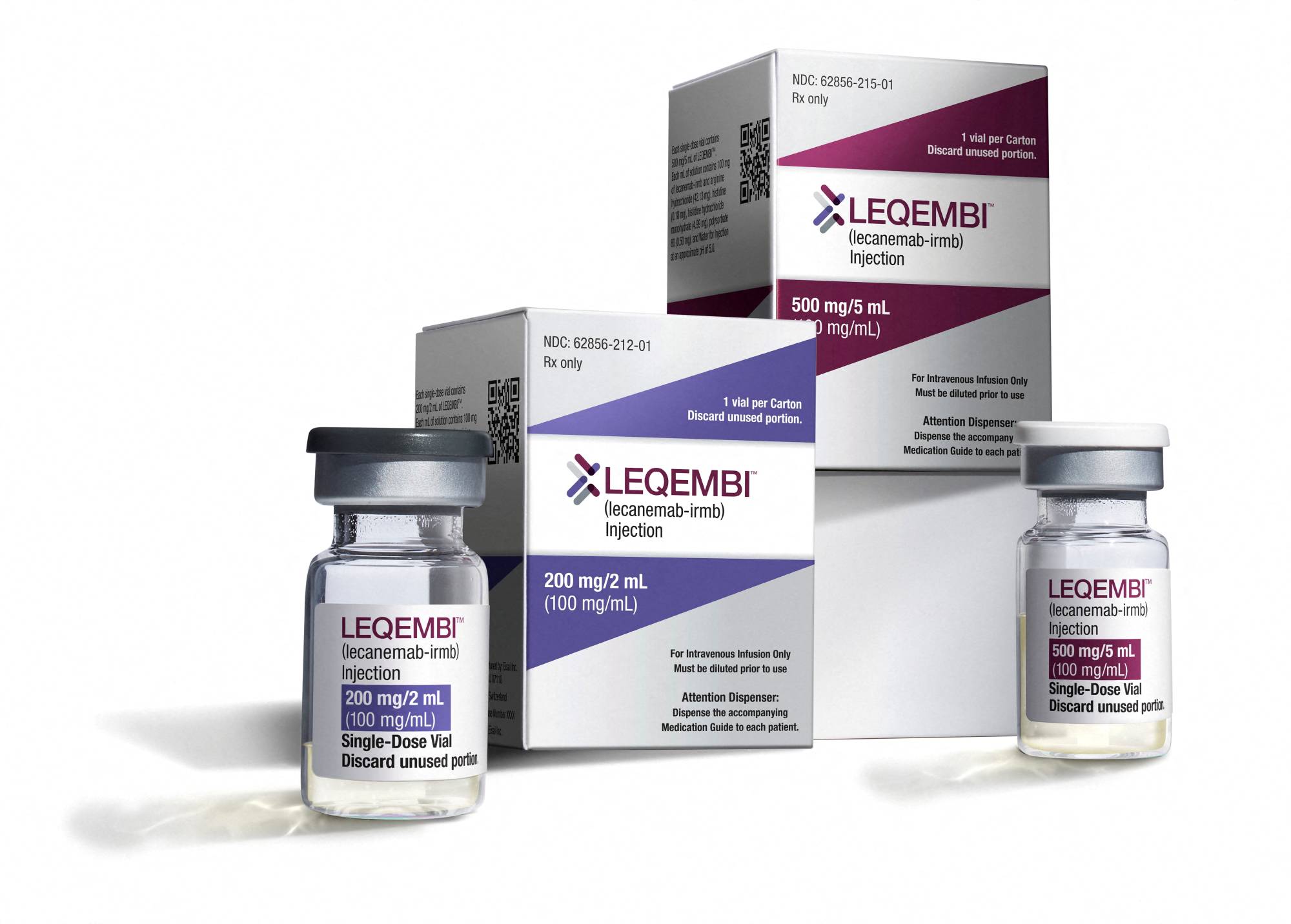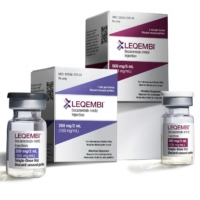Japanese drugmaker Eisai and U.S. biotech firm Biogen said in a joint statement on Monday that the Ministry of Health, Labor and Welfare has granted priority review status to their Alzheimer's disease treatment.
The drug, lecanemab, which was recently granted accelerated approval in the United States, is an antibody that has been shown to remove sticky deposits of a protein called amyloid beta from the brains of patients in the early stages of the mind-wasting disease.
In their statement, the companies said priority review in Japan is granted to new medicines recognized as having high medical utility for serious diseases. Once the priority status has been granted, the target total review period is shortened, they said.
The pair's application for priority status was based on results from a late-stage study in which the drug was shown to reduce the rate of cognitive decline in patients with early Alzheimer's by 27%, compared with a placebo.
Nearly all previous experimental drugs using the same approach have failed.
Earlier this month, Eisai also applied for full approval of the drug with the U.S. Food and Drug Administration as a treatment for patients in the earliest stages of the neurodegenerative disease.




















With your current subscription plan you can comment on stories. However, before writing your first comment, please create a display name in the Profile section of your subscriber account page.